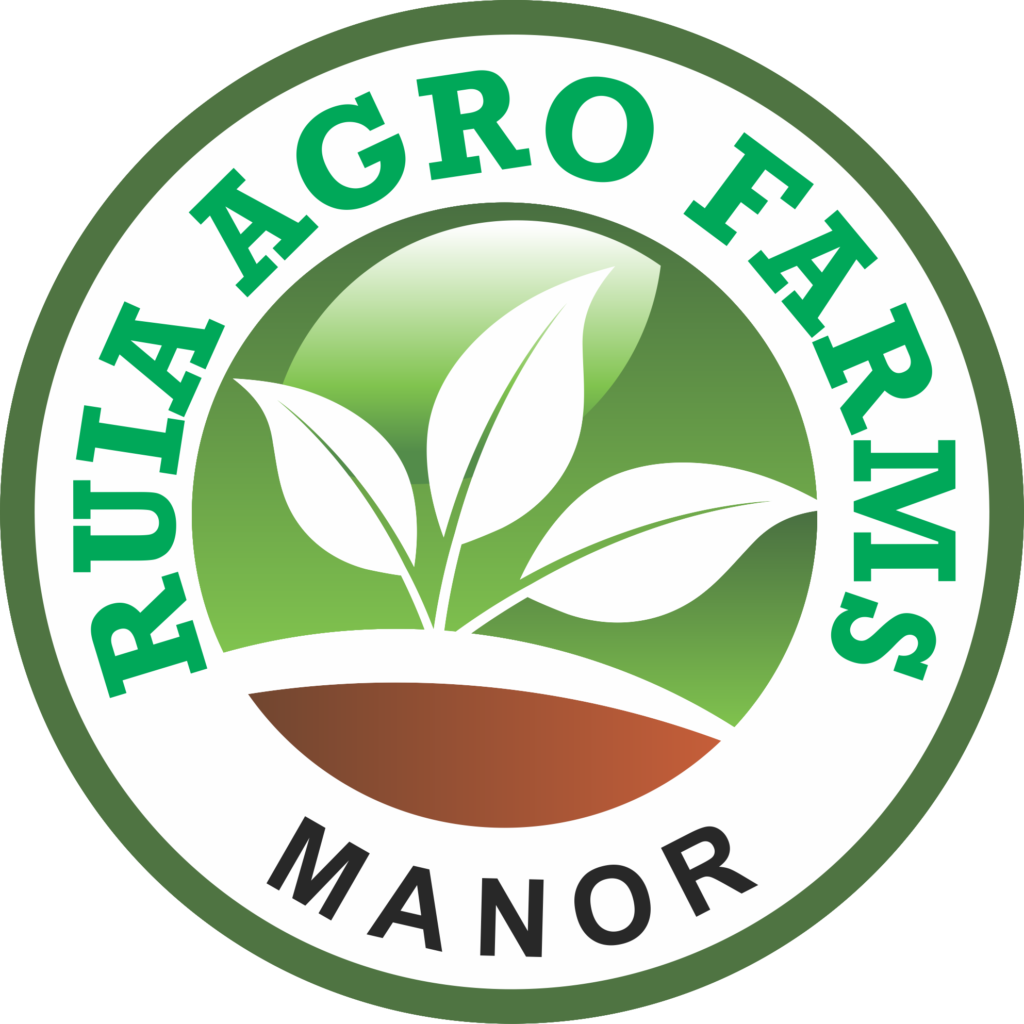Organic farming is becoming increasingly popular as an agricultural method. Although conventional farming currently accounts for the majority of agricultural area, demand for organic agriculture and organic foods is steadily rising. The following article provides answers to some frequently asked questions about organic farming, including its broad definition, background, principles, organic producer methods, and benefits and drawbacks.
There are many different definitions of organic farming, the majority of them say that organic farming does not use synthetic fertilizers or pesticides. This is right; yet, organic farming encompasses much more. Organic farming is founded on unique values as a wholly natural and sustainable farm management technique. In other words, organic farming is a concept of working in harmony with nature, as well as a farm practice. As a holistic farm management strategy, organic farming aspires to produce a socially, ecologically, and economically sustainable food production system.
More precisely, organic farming is based on managing the agro ecosystem rather than relying on external farming inputs, such as pesticides, artificial fertilisers, additives, and genetically modified organisms. In other words, organic farming involves the use of traditional farm practices in combination with advanced scientific research and modern farm innovations. Using manure and organic soil disinfestation instead of synthetic fertilisers, for example.
Organic farmers are true lifesavers who work tirelessly to provide nutritious and healthful food. Additional responsibility for them is to maintain or enhance the most important natural resources while practicing sustainable agriculture for future generations.

